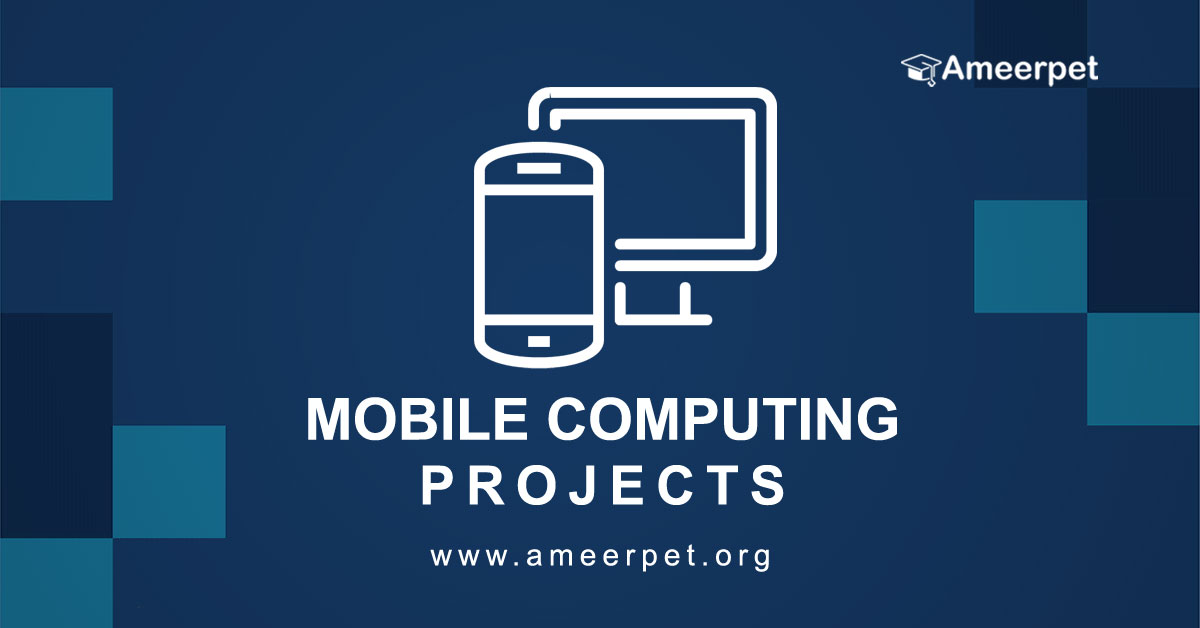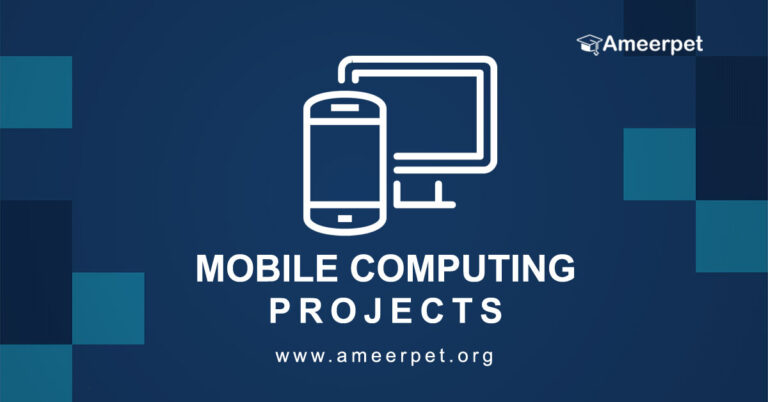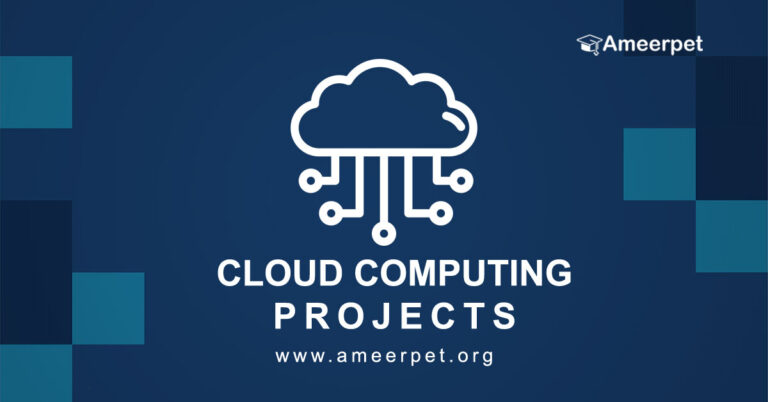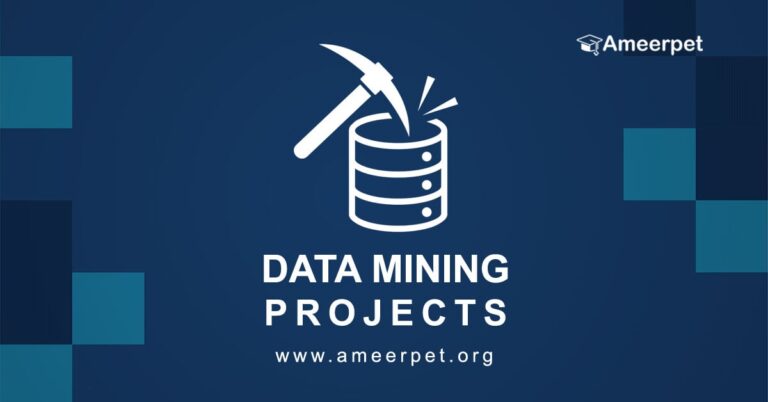
Abstract:
Augmented reality apps use resource-rich edge servers in mobile edge computing. Mobile users competing for limited communication and computation resources can negatively impact user experience.
Task offloading’s biggest technical challenge is ensuring application QoS. Task offloading research focuses on deterministic QoS (delay) guarantee, meaning tasks must be completed 100% before the deadline.
Due to the high dynamics of the wireless environment when offloading to edge servers, a deterministic QoS guarantee for tasks is impractical. In this paper, we focus on task offloading with statistical QoS guarantee (tasks are allowed to complete before a given deadline with a probability above the threshold), which can save more energy by removing the QoS requirement.
To quantify the correlation between statistical QoS guarantee and task offloading strategy, we first propose a statistical computation and transmission model. We then formulate the task offloading problem as a mixed integer non-Linear programming problem with the statistical delay constraint.
The statistical delay constraint becomes CPU cycle numbers and delay exponent constraints. We use convex optimization theory and Gibbs sampling to guarantee statistical QoS for tasks. The algorithm outperforms the three baselines in experiments.
Note: Please discuss with our team before submitting this abstract to the college. This Abstract or Synopsis varies based on student project requirements.
Did you like this final year project?
To download this project Code with thesis report and project training... Click Here


